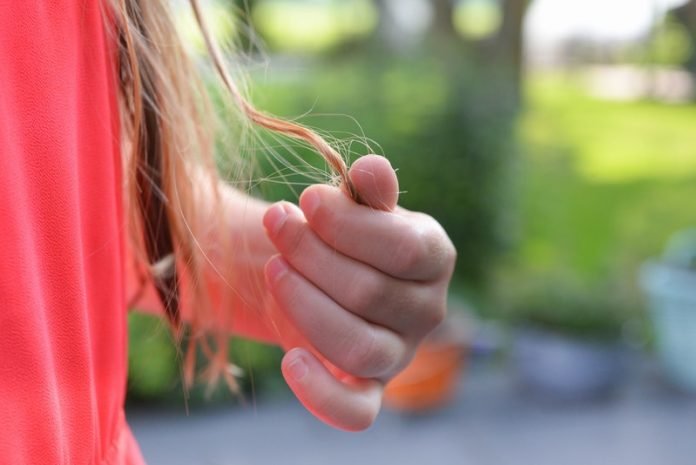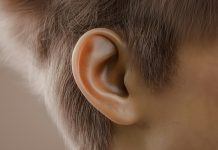
In a new study from Harvard University, researchers have found the biological mechanism by which chronic stress impairs hair follicle stem cells, confirming long-standing observations that stress might lead to hair loss.
They found that a major stress hormone puts hair follicle stem cells into an extended resting phase, without regenerating the follicle or the hair.
The researchers identified the specific cell type and molecule responsible for relaying the stress signal to the stem cells, and showed that this pathway can be potentially targeted to restore hair growth.
In the study, the team examined a mouse model of chronic stress and found that hair follicle stem cells stayed in a resting phase for a very long time without regenerating tissues.
A major stress hormone produced by the adrenal glands, corticosterone, was upregulated by chronic stress; giving mice corticosterone reproduced the stress effect on the stem cells.
The equivalent hormone in humans is cortisol, which is also upregulated under stress and is often referred to as the “stress hormone.”
The result suggests that elevated stress hormones indeed have a negative effect on hair follicle stem cells.
Under normal conditions, hair follicle regeneration slows over time — the resting phase becomes longer as the animals age.
But when the researchers removed the stress hormones, the stem cells’ resting phase became extremely short and the mice constantly entered the growth phase to regenerate hair follicles throughout their life, even when they were old.
The team says stress essentially just makes it even more difficult for hair follicle stem cells to enter the growth phase to regenerate new hair follicles.
These initial findings in mice need to be further studied before they can be safely applied to humans.
If you care about hair loss, please read studies about drug that could treat hair loss effectively and findings of a new way to activate stem cells to make hair grow.
For more information about hair health, please see recent studies about this treatment could help regrow your hair and results showing a new effective therapy for hair loss.
The study is published in Nature. One author of the study is Ya-Chieh Hsu.
Copyright © 2021 Knowridge Science Report. All rights reserved.



